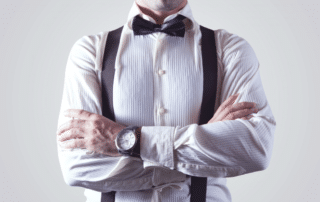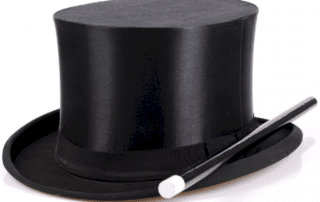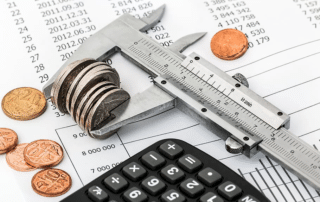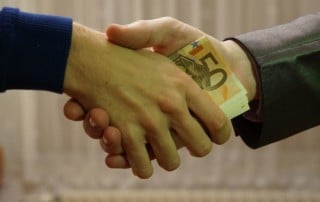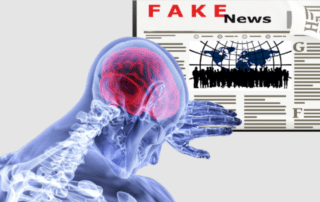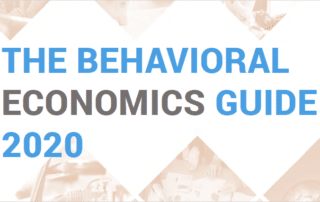Anchors Aweigh! How Early Perceptual Information Biases Subsequent Judgments
Anchoring and adjustment, a ubiquitous heuristic process in judgment and decision making, has been vastly demonstrated in the numerical domain. With the help of four studies, we demonstrate the anchoring and adjustment bias in perceptual domains. Additionally, we outline a process of perceptual anchoring and provide a way for a potential resolution to the disagreement among different process accounts for the anchoring phenomenon.



